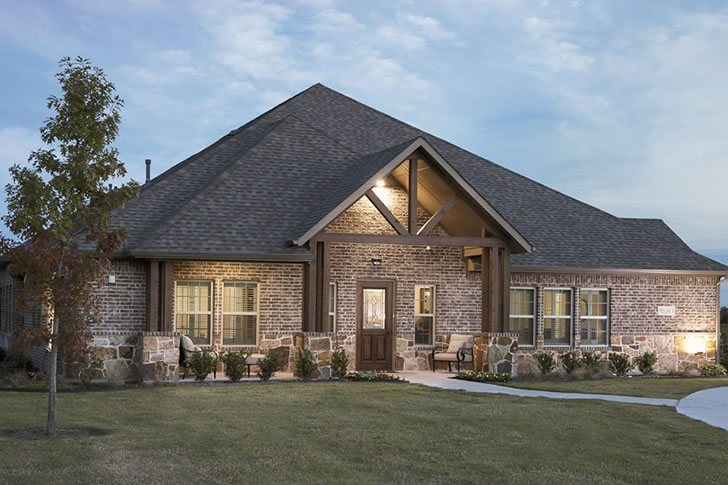How Can Seniors Get Independent Living Apartments For Low Price
Finding cheap living options for seniors is crucial as it ensures safety, comfort, and financial well-being. As the population ages, more seniors are looking for housing that fits their budget. We’ve carried out detailed research and might help seniors find cheap apartments.

Benefits of New Senior Apartments
New senior apartments offer numerous advantages that cater to the needs and preferences of older adults. These include:
- Modern Amenities: Many new buildings are equipped with modern amenities such as energy-efficient appliances, fitness centers, and community rooms that encourage social interaction and physical activity.
- Maintenance-Free Living: Seniors can live hassle-free without worrying about home maintenance or repairs, which are typically handled by the apartment management.
- Safety and Security: Enhanced security features like secure entrances, surveillance cameras, and in-unit emergency response systems provide peace of mind for both residents and their families.
- Accessible Design: Apartments designed for seniors often include features such as no-step entries, wider doorways, and grab bars in bathrooms, which help residents maintain their independence.
- Social Opportunities: Living in a community setting provides numerous opportunities for social interaction, helping to reduce feelings of loneliness and isolation among seniors.
How to Find Budget-Friendly Senior Apartments
Finding a new, affordable senior apartment involves several strategies:
- Online Searches: Websites like SeniorHousingNet, A Place for Mom, and Apartments.com allow users to filter searches by price and location to find senior-specific housing.
- Local Agencies on Aging: Contacting local agencies can provide leads on new and affordable senior living options in the area.
- Low-Income Housing Tax Credit (LIHTC) Properties: These properties offer reduced rents based on income levels. The HUD website provides information on LIHTC units in various regions.
- Word of Mouth: Sometimes the best opportunities come from friends or family members who know someone looking to fill a vacancy.
Pricing and Features of Independent Living Apartments
Here’s a comparative look at typical independent living apartments:
| Type | Price Range | Features Highlights |
|---|---|---|
| Basic Studio Apartment | $1,500 – $2,500/month | Compact space, essential amenities |
| One-Bedroom Apartment | $2,500 – $3,500/month | Privacy, ample space for individuals |
| Luxury Two-Bedroom | $3,500 – $5,000/month | Spacious, high-end amenities |
| Resort-Style Community | $5,000 – $7,000/month | Extensive amenities, luxury offerings |
Independent Living Costs Across U.S. Cities
The table outlines costs and benefits of independent living in various U.S. cities:
| City | Zip Codes | Price Range | Advantages |
|---|---|---|---|
| Atlanta, GA | 30301 | $2,500 – $3,500 | Accessible healthcare, warm climate |
| Chicago, IL | 60601 | $2,800 – $4,000 | Cultural activities, robust transit |
| Dallas, TX | 75201 | $1,800 – $3,000 | Affordable, friendly communities |
| Miami, FL | 33101 | $3,000 – $4,500 | Vibrant senior community, beaches |
| Phoenix, AZ | 85001 | $2,000 – $3,500 | Low cost of living, sunny weather |
| Los Angeles, CA | 90001 | $3,500 – $5,000 | Extensive amenities, cultural hubs |
| New York, NY | 10001 | $5,000 – $7,000 | Best for active seniors, facilities |
| Denver, CO | 80201 | $2,700 – $4,200 | Scenic views, health-conscious community |
| Seattle, WA | 98101 | $2,900 – $4,500 | Green spaces, tech-savvy environment |
| Orlando, FL | 32801 | $2,200 – $3,800 | Theme parks, year-round activities |
Frequently Asked Questions (FAQs)
Q1: What are the key factors to consider when choosing an independent living facility?
A1: Key factors include the cost, available amenities, location, and the type of community and social activities offered.
Q2: Are there financial assistance programs available for seniors seeking independent living?
A2: Yes, many states offer financial aid programs for seniors, including vouchers and subsidies to help cover the costs of independent living.
Conclusion
Choosing a new senior apartment that is affordable doesn’t mean compromising on quality or lifestyle. By utilizing resources and strategies to locate housing, seniors can find comfortable, secure, and enjoyable living options that fit their budget. Whether in the sunny climes of San Diego or the bustling streets of Philadelphia, there are numerous options across the United States for seniors looking for a new place to call home.
References
To validate the information and conclusions in this analysis, here are three credible sources:
https://health.usnews.com/best-senior-living/independent-living
https://www.forbes.com/health/senior-living/best-independent-living/
https://www.forbes.com/health/senior-living/independent-living/







Recent Comments